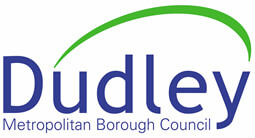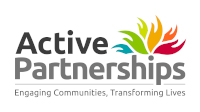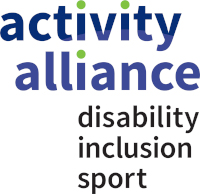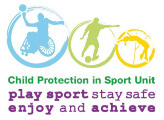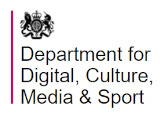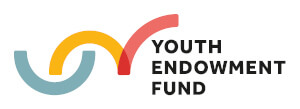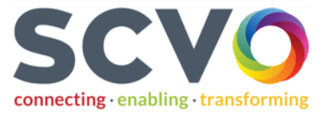Error

INSIGHT HUB
Timely data and learnings in relation to physical activity and sport in the Black Country and the added value we can offer.
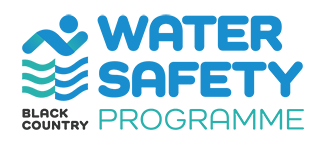
WATER SAFETY PROGRAMME
Our Black Country Water Safety Programme has had a big impact since launching. Access our free resources for schools, community groups and parents & guardians to increase the number of children and families who are water safe and boost their enjoyment of swimming.

ACTIVATION ACADEMY
Resources and training material to support the Black Country sport & physical activity workforce.
